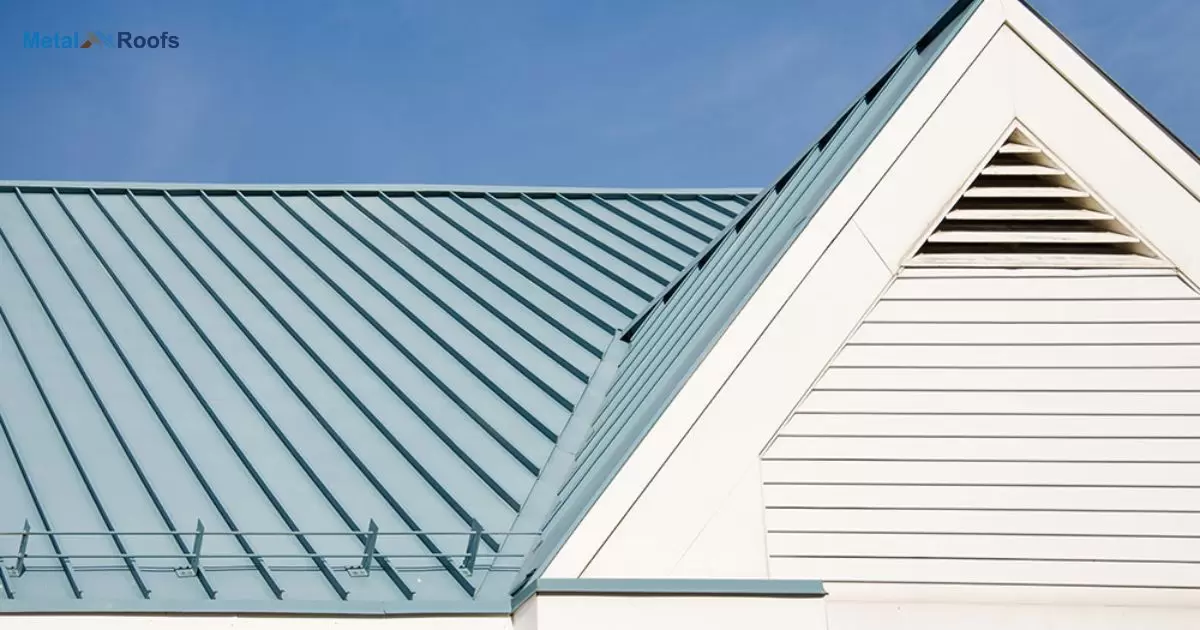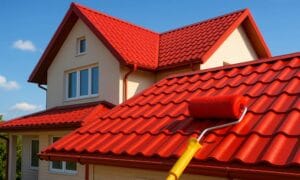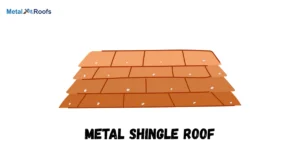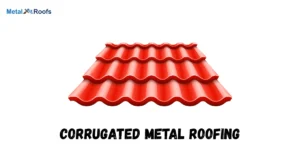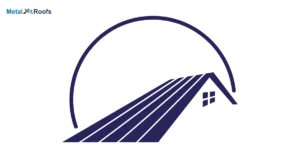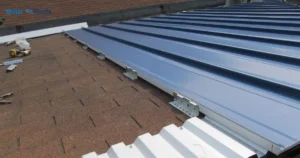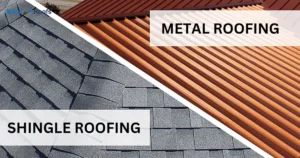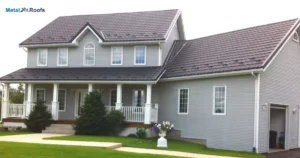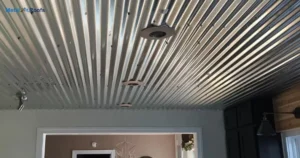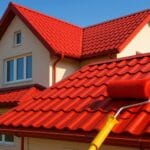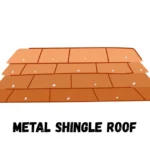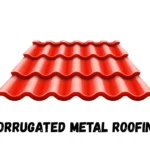Metal roofs block cell signals. Signals can’t pass through metal. Causes poor reception inside homes. Leads to dropped calls, slow data. Fix is a cell signal booster. Boosts weak signal for better coverage. Important for good cell service. Metal roofs are an increasing trend.
Metal roofs block cell signals sometimes. Do metal roofs block cell service? yes, they can. metal reflects radio waves poorly. your phone struggles to connect. solutions exist for better reception. install a cell signal booster. it captures outside signals. Proper installation is key.
Cell signals face interference issues, with radio waves getting deflected, causing poor reception. Your phone struggles to connect, making it a frustrating experience. But there are solutions, like a signal booster, especially useful when dealing with measure for metal roofing.
Key Takeaways
- Metal roofs can reduce signal strength.
- Walls and insulation affect signal penetration.
- Closer towers lessen the impact.
- Openings help signals penetrate.
- Lower frequencies penetrate better.
Booster For Cell Phone Reception
A cell phone signal booster can improve reception in areas with poor signal. It amplifies the signal from outside and brings it inside. This helps in buildings with metal roofs or thick walls. It ensures you stay connected.
Boosters work well in homes, offices, and cars. They are easy to install and use. You place an antenna outside to capture the signal. The booster then sends the stronger signal inside, improving call quality and data speed.
Booster For Cell Phone Signal
A booster for cell phone signals can improve reception in areas with weak signals. It works by amplifying the existing signal. This helps ensure better call quality and faster data speeds. Boosters are especially useful in buildings with metal roofs.
Installing a signal booster is easy. Place the external antenna where the signal is strongest. Connect it to the indoor unit which broadcasts the amplified signal. This can greatly enhance your cell phone’s performance inside your home or office.
Cellular Antenna Booster
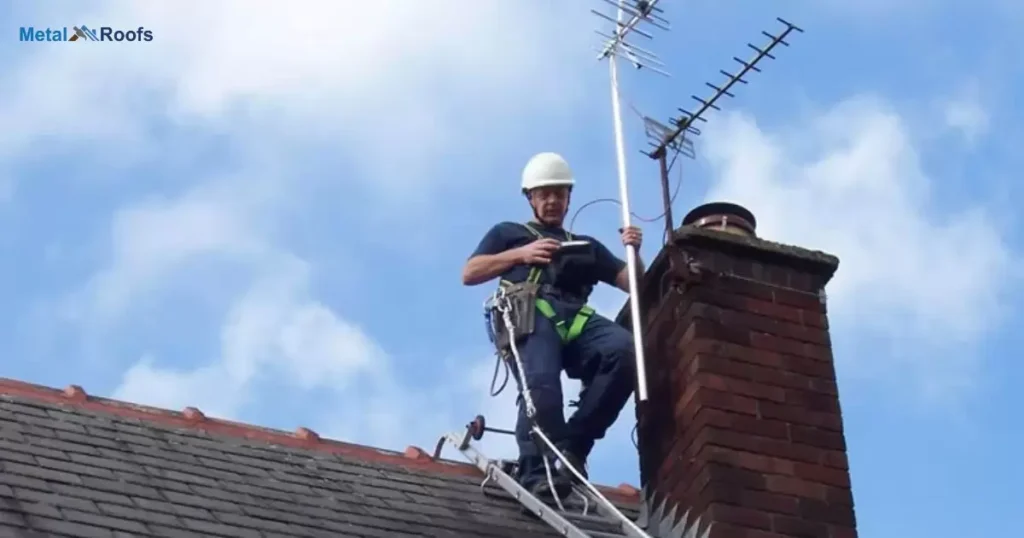
A cellular antenna booster helps improve cell signal strength in areas with weak reception. It uses an external antenna to capture signals from outside. The booster amplifies these signals and broadcasts them inside the building. This helps reduce dropped calls and improves data speeds.
Boosters work well in homes and offices with metal roofs. They can mitigate the signal-blocking effects of metal. Installation is simple and does not require special tools. With a booster, you can enjoy better connectivity and fewer interruptions.
Signal Amplifier For Cell Phone
A signal amplifier for cell phones boosts weak signals. It captures the outside signal and strengthens it. Then, it rebroadcasts the stronger signal inside your home. This improves call quality and data speed.
You can use a signal amplifier if you have a metal roof or live far from cell towers. It can also help in buildings with thick walls. Install the amplifier in areas with the best outside signal for the best results. Enjoy clearer calls and faster internet with a signal booster.
Homemade Cell Phone Signal Booster
A homemade cell phone signal booster can improve weak signals. You need simple materials like a metal can and some wire. First, cut the can to create a makeshift antenna. Attach the wire to your phone’s antenna area.
Place the can near a window for the best results. It helps if the window faces a cell tower. Test different positions until you see an improvement. This basic booster can enhance your phone’s signal without costing much.
Impact on Local Coverage
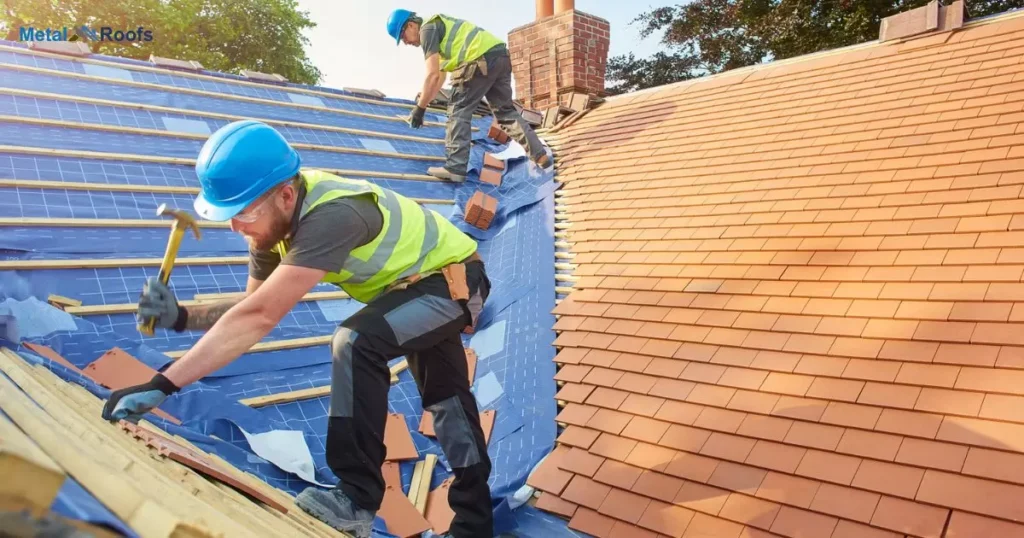
Metal roofs can affect local coverage by interfering with cell signals. The building’s design, including walls and insulation, plays a role in signal penetration. Proximity to cell towers determines the extent of the impact, with closer towers mitigating signal loss. Windows and openings help signals enter buildings, reducing the interference.
Localized Coverage and Metal Roofs
Metal roofs impact localized coverage by potentially obstructing cell signals. The design of the building, such as its walls and insulation, influences signal penetration. Proximity to cell towers determines the severity of the impact, with closer towers minimizing signal disruption.
How Metal Roofs Affect Local Signals?
Metal roofs impact local signals by potentially weakening cell reception. The building’s structure, such as walls and insulation, influences signal strength. Proximity to cell towers affects the severity of signal disruption caused by the metal roof.
Impact of Metal Roofs on Cell Signals
Metal roofs affect local coverage by disrupting cell signals. The building’s structure, such as walls and insulation, influences signal penetration. Proximity to cell towers determines the degree of impact, with closer towers minimizing signal loss.
Cell Phone Booster For Metal Building
Boost your cell signal inside metal buildings with a cell phone booster. These boosters enhance reception by amplifying existing signals. They work effectively to combat the signal loss caused by metal roofs and walls. Installation is simple, and they’re compatible with all major carriers.
Cell phone boosters are a practical solution for improving connectivity. They mitigate the impact of metal structures on signal strength. With straightforward setup and compatibility across carriers, they’re a reliable option for ensuring you stay connected indoors.
Metal Roof Properties And Signals
Metal roofs can weaken cell signals due to their reflective nature. Building design matters; thicker walls mean weaker signals. Being near cell towers reduces the impact. Windows help signals enter buildings, mitigating metal roof effects.
Lower frequencies pass through metal better. Solutions include boosters, Wi-Fi calling, and external antennas for better reception indoors. Metal roofs vary in their impact on cell signals, depending on these factors.
Signal Attenuation And Reflection
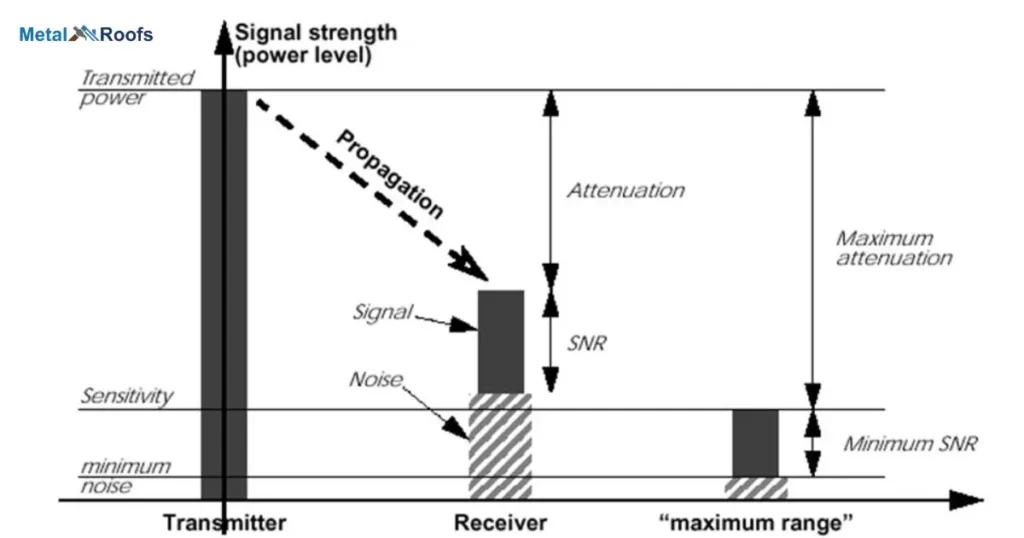
Metal roofs can weaken cell signals by reflecting and absorbing them. This interference is influenced by building materials and design. The closer a building is to a cell tower, the less signal disruption occurs. Windows and openings in buildings can help signals penetrate, reducing the impact of metal roofs.
Frequencies matter lower ones penetrate buildings better than higher ones. Solutions include signal boosters Wi-Fi calling, and external antennas to improve reception indoors. The impact of metal roofs on cell service varies depending on multiple factors.
Frequently Asked Questions
Does Metal Block Cell Phone Signals?
Metal can interfere with cell phone signals, but proximity to towers and building design play roles in the extent of the impact.
Do Metal Roofs Interfere With Satellite Reception?
Metal roofs can interfere with satellite reception due to signal reflection and absorption, impacted by building design and satellite proximity.
What Material Blocks Cell Service?
Metal roofs can diminish cell signal strength due to their reflective properties.
Conclusion
Metal roofs can indeed impact cell signal strength. Factors such as building design and proximity to cell towers influence the degree of interference. Solutions like signal boosters and Wi-Fi calling can mitigate these effects.
Considering the importance of reliable cell service in today’s connected world, addressing these challenges is crucial for maintaining seamless communication. In areas with metal roofs, understanding and implementing effective solutions is essential.
